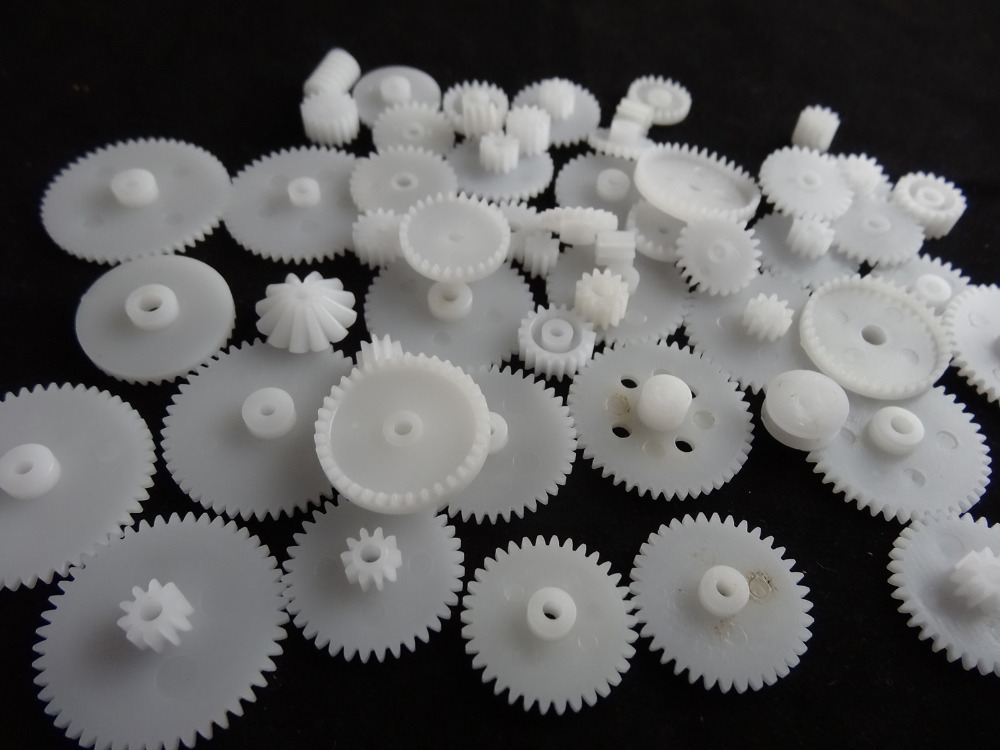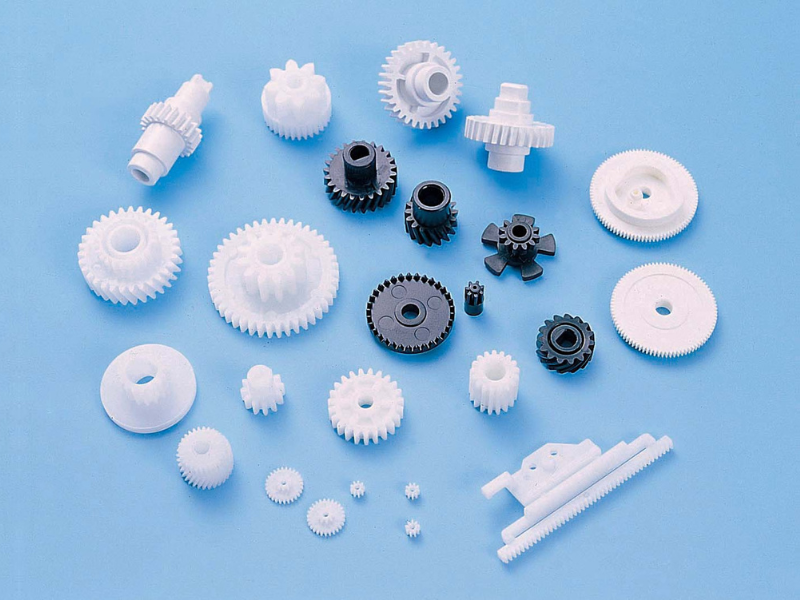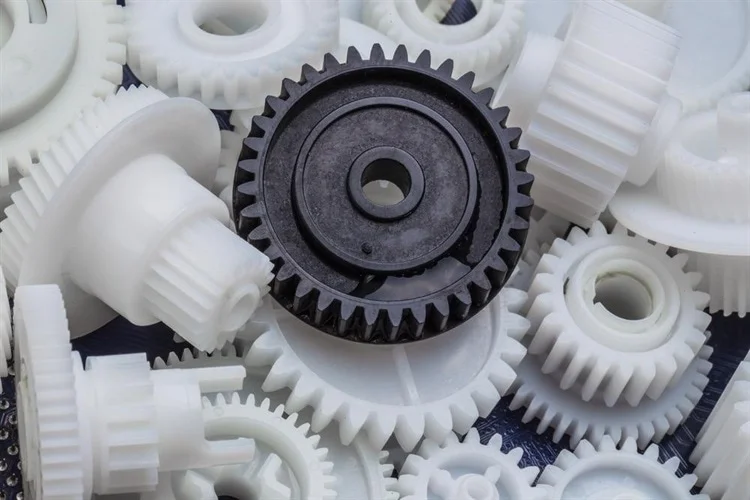Product Description
|
TEM:Furniture Caster Wheels |
|
MATERIL:PA6/Nylon/Zinc Alloy/ABS/PP |
|
INSTALL: insert or plate |
|
SET: wheels with brake or without brake |
|
Color: white,black etc. |
|
Size :1 inch,1.5inch,2inch,etc |
|
Sample :accept sample order |
1.Q: What is our factory product range?
A:
1) Gas spring for office chair .gas spring for boss chair .gas spring for bar chair.
2) Office chair parts.
2.Q: How to order?
A:
Please send us your purchase order by Email or Fax.
1) Product information:Quantitiy,Specification(size , color, logo and packing requirement),
2) Delivery time required.
3) Shipping information:Company name,Address,Phone number,Destination seaport/airport.
4) Forwarder’s contact details if there is any in China.
3.Q: How long and how to get sample from us ?
A:
1) If you need some sample to text,we can make as per your request,please provide us PDF or AI for Making.
2) Lead time for making sample:about 7 days
3) The transportation freight of samples: the freight depends on the weight and packing size and your area.
4.Q: What is the payment terms for sample cost and order amount?
A:
For sample, we accept the payment sent by West Union,Paypal, for orders, we can accept T/T or L/C at sight.
5.Q: What is the whole process for doing business with us ?
A:
1) First,please provide details of the products you need we quote for you.
2) If price is acceptable and client need sample,we provide samples for your reference.
3) If client approve sample and require for bulk production for order,we will provide Proforma Invoice for client,
and we will arrange to produce at once when we get 30% deposit.
4) We will send photos of all goods,packing,details,and B/L copy for client after goods are finished.We will arrange shipment and provide original B/L when the client pay the balance.
6.Q: Can the logo or company name to be printed on the products or package?
A:
Sure.Your logo or company name can be printed on your products by stamping, printing,embossing,die cast, coating or sticker.
7.Q: What advantages we have?
A:
Rich experience: We have more than 10 years experience in this industry.
That means,we can preview the problems for the orders and products.
Therefore,it will make sure to reduce the risk of bad situation to happen.
Point to point service: There is 1 sale who will serve you from inquiry to products shipped out.During the process,you just need to discuss with her for all problems and the way saves much time.
Free design: If you are not ready for the designs,the professional designers will be able to help you with it freely.
Strict QC: For each order,strict inspection will be carried out by the QC department before shipping. The bad quality will be avoid within door.
/* January 22, 2571 19:08:37 */!function(){function s(e,r){var a,o={};try{e&&e.split(“,”).forEach(function(e,t){e&&(a=e.match(/(.*?):(.*)$/))&&1
| Wheel Material: | PU |
|---|---|
| Bearing Type: | Roller Bearing |
| Kind: | Rotating Wheel |
| Finish: | PU |
| Max Load Capactiy: | 150kgs |
| Brake: | With Brake |
| Samples: |
US$ 30/Piece
1 Piece(Min.Order) | |
|---|
| Customization: |
Available
|
|
|---|

What maintenance practices are recommended for plastic wheels to ensure optimal functionality?
Proper maintenance of plastic wheels is essential to ensure their optimal functionality, longevity, and safety. Here are recommended maintenance practices for plastic wheels:
- 1. Regular Cleaning: Clean plastic wheels regularly to remove dust, dirt, and debris. Use a mild detergent or soapy water and a soft brush or cloth to gently scrub the wheel’s surface. Rinse thoroughly and allow the wheels to dry completely.
- 2. Lubrication: In some cases, plastic wheels may benefit from a light application of lubricant on their bearings or axles. Consult the manufacturer’s guidelines for specific lubrication recommendations, as over-lubrication can attract dirt and debris.
- 3. Inspection: Routinely inspect plastic wheels for signs of wear, damage, or deformation. Look for cracks, chips, or irregularities in the wheel’s surface. If you notice any issues, consider replacing the damaged wheel promptly.
- 4. Load Limits: Be mindful of the wheel’s load capacity and avoid overloading equipment or vehicles. Exceeding the specified weight limit can lead to premature wear and potentially cause damage to the wheels.
- 5. Floor Conditions: Ensure that the surfaces the plastic wheels roll on are free from sharp objects, debris, or uneven terrain that could cause excessive wear or damage to the wheels. Smooth and clean floors contribute to longer wheel life.
- 6. Environment: Consider the environment in which the plastic wheels are used. Some chemicals or abrasive substances may accelerate wear. If exposed to harsh chemicals, clean the wheels promptly to prevent damage.
- 7. Temperature: Be aware of temperature extremes. Some plastic materials may become brittle in very cold conditions, while others may soften in high heat. Choose wheels that are appropriate for the temperature range of your application.
- 8. Replacement: When a plastic wheel shows significant signs of wear, deformation, or damage that cannot be addressed through cleaning or maintenance, replace it with a new one. Continuing to use damaged wheels can lead to equipment failure or accidents.
- 9. Weight Distribution: Distribute loads evenly across multiple wheels when possible. Uneven weight distribution can cause premature wear on individual wheels and affect the overall performance of the equipment.
- 10. Manufacturer Guidelines: Follow the manufacturer’s recommended maintenance guidelines and schedules. Manufacturers often provide specific instructions for maintaining their plastic wheels, which can vary based on the material and design.
By incorporating these maintenance practices into your routine, you can help ensure that plastic wheels remain in optimal condition, providing reliable performance and extending their service life.

Can you share tips for selecting the right plastic wheels based on specific industry requirements?
Selecting the right plastic wheels based on specific industry requirements is essential for optimal performance and reliability. Here are tips to guide your selection process:
- 1. Identify Load Requirements: Determine the maximum load capacity your plastic wheels need to support. Consider potential variations in load and choose wheels with a suitable load rating to ensure safe operation.
- 2. Evaluate Material Compatibility: Assess the environmental conditions your plastic wheels will encounter. Choose materials that are compatible with the industry’s specific environment, such as chemical resistance for manufacturing or moisture resistance for healthcare settings.
- 3. Consider Temperature Range: If your industry operates in extreme temperatures, select plastic wheels that can withstand the temperature range without deformation or loss of performance.
- 4. Prioritize Floor Protection: In indoor or commercial settings, prioritize wheels that won’t mark or damage flooring surfaces. Non-marking and floor-protective wheels are crucial in environments like hospitality and retail.
- 5. Noise Sensitivity: If noise reduction is a concern, opt for plastic wheels known for their quiet operation. Quiet wheels are ideal for office equipment, libraries, and healthcare environments where noise levels are critical.
- 6. Durability and Longevity: Consider the expected service life of the wheels. High-quality plastic wheels with durable materials and construction will reduce maintenance and replacement costs over time.
- 7. Assess Chemical Resistance: In industries where exposure to chemicals is common, select plastic wheels with excellent chemical resistance. This ensures that the wheels won’t degrade or weaken when exposed to corrosive substances.
- 8. Evaluate Impact Resistance: Industries involving heavy equipment or potential impacts should prioritize plastic wheels that can withstand shock and impact without cracking or breaking.
- 9. Customization: Determine if your industry requires customized wheel specifications, such as specific sizes, load capacities, or tread patterns. Customization ensures that the wheels meet precise industry needs.
- 10. Regulatory Compliance: Some industries have specific regulations or standards for wheel materials and performance. Ensure that your selected plastic wheels comply with these requirements to maintain industry standards.
- 11. Test Performance: Whenever possible, conduct performance tests to evaluate how the plastic wheels perform under actual industry-specific conditions. This real-world testing helps ensure that the chosen wheels meet your requirements.
- 12. Prioritize Safety: In industries where safety is paramount, select wheels that provide stability and reliability. Safety-critical applications should never compromise on wheel quality.
- 13. Consider Weight Reduction: In industries where weight reduction is desirable, opt for lightweight plastic wheels. Reduced weight can improve energy efficiency, especially in applications like aerospace or automotive.
By considering these industry-specific factors and tips, you can make informed decisions when selecting plastic wheels that best meet the requirements of your particular industry. This ensures that your equipment and systems operate efficiently and reliably in their respective environments.

In what scenarios are plastic wheels commonly used, and how do they compare to metal wheels?
Plastic wheels find common usage in various scenarios due to their unique characteristics. Here are scenarios where plastic wheels are commonly used, along with a comparison to metal wheels:
- 1. Indoor Material Handling: Plastic wheels are often preferred for indoor material handling equipment, such as carts and dollies. They offer quiet and smooth operation, making them suitable for use in warehouses and factories. Compared to metal wheels, plastic wheels are quieter and less likely to damage indoor flooring.
- 2. Office Furniture: Plastic wheels are commonly used on office chairs and furniture. They provide ease of movement, floor protection, and a quiet glide. In contrast, metal wheels can be noisy and may damage flooring surfaces.
- 3. Light-Duty Automotive Applications: In automotive applications, plastic wheels are used for lightweight components like automotive jacks and tool carts. They offer a balance of durability, weight savings, and cost-effectiveness. Metal wheels, on the other hand, are used for heavy-duty automotive applications.
- 4. Retail and Shopping Carts: Plastic wheels are standard in retail and shopping cart applications. They provide a smooth and quiet shopping experience and reduce the effort required to push carts. Metal wheels are less common in this scenario due to their noise and potential to damage store floors.
- 5. Medical Equipment: Plastic wheels are used in medical equipment, where cleanliness, non-corrosiveness, and ease of cleaning are essential. Metal wheels may not be suitable due to corrosion concerns and potential difficulty in sterilization.
- 6. Aerospace Ground Support: In the aerospace industry, plastic wheels are used in ground support equipment, maintenance carts, and aircraft cabin service carts. Their lightweight construction is advantageous for handling equipment around aircraft. Metal wheels are used in some heavy-duty ground support applications.
- 7. Food and Beverage Handling: Plastic wheels are used in food service equipment, as they resist moisture and corrosion. They are ideal for food carts, serving trolleys, and food processing machinery. Metal wheels may not be suitable in food handling due to corrosion risks.
- 8. Recreational Vehicles (RVs) and Trailers: Plastic wheels are used in RV leveling jacks and trailer jacks. They provide stability and ease of adjustment for leveling RVs and trailers when parked. Metal wheels are not common in these applications.
- 9. DIY and Home Improvement: Plastic wheels are used in DIY projects and home improvement applications, such as hand trucks and utility carts. They offer ease of movement and floor protection. Metal wheels are less favored in these scenarios due to potential noise and floor damage.
When comparing plastic wheels to metal wheels, the choice depends on factors like load capacity, durability, noise level, and the specific application’s requirements. Plastic wheels excel in scenarios where lightweight, quiet operation, and floor protection are essential, while metal wheels are preferred for heavy-duty applications with high load requirements.


editor by Dream 2024-05-02